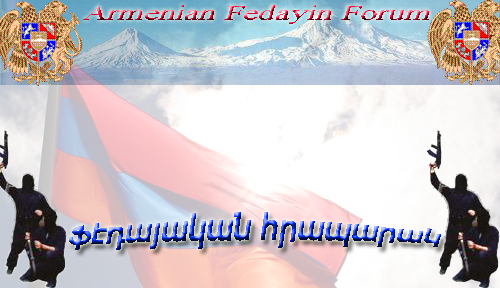An international conference aimed at bringing stability and economic recovery to Iraq is to open in Sharm el-Sheikh.
Two days of talks will bring together diplomats from wealthy nations and regional powers in the Red Sea resort of Sharm el-Sheikh.
Delegates are to endorse a five-year International Compact for Iraq (ICI), giving support in exchange for reforms.
US Secretary of State Condoleezza Rice has not ruled out side talks with the Iranian and Syrian foreign ministers.
The two meetings - the international conference, which will be held on Friday, and the ICI meeting - will be "parallel but independent", Iraqi Foreign Minister Hoshyar Zebari said last month.
Representatives of Iraq's neighbours, including Iran and Syria, as well as of the G8 and EU are due to attend.
'Honest dialogue'
The presence of high-level diplomats from the US, Iran and Syria has sparked speculation of possible talks between them on the sidelines.
I think I can handle any question that is asked of me
Condoleezza Rice
US secretary of state
Q&A: Sharm el-Sheikh conferences
Tough issues in Egypt
Ms Rice said she would not avoid an exchange with Iranian Foreign Minister Manouchehr Mottaki should it happen.
"I think I can handle any question that is asked of me," she said.
"If we encounter each other and wander to other subjects I am prepared to address them at least in terms of American policy."
Iranian President Mahmoud Ahmadinejad said he would welcome "honest dialogue" with the US in Egypt.
But he warned that it would be a "mistake" for the US to think negotiations would result in Iran scaling back its nuclear programme when sanctions and diplomatic pressure have not yielded results.
Such a meeting would mark the first bilateral talks between the two countries' top diplomats since the United States cut relations in 1980.
There has been little contact between them ever since the Iranian revolution and the seizure of the US embassy in Tehran in 1979.
Outside 'meddling'
But the open question is whether even holding direct talks will lead to America and Iran coming to any sort of agreement, says the BBC's Jonathan Beale, who is travelling with Ms Rice.
The Bush administration still accuses Iran of meddling inside neighbouring Iraq - a charge Iran has strongly denied - and Washington refuses to discuss Iran's nuclear programme until Tehran suspends its uranium enrichment.
The US also charges Syria with allowing foreign fighters to enter Iraq through the long border between the two neighbours - something Damascus denies.
A senior US diplomat said he was optimistic something positive would emerge from the presence of the American, Iranian and Syrian foreign ministers at the talks.
"That meeting will be important because Secretary Rice will be seated around a table with the Syrian foreign minister, and we hope and think with the Iranian foreign minister," said US Undersecretary of State Nicholas Burns.
Despite the invitation of Syria and Iran, there will still be notable absences, such as the leaders of the Shia militia who have not been invited, our correspondent adds.
International Compact
Friday's conference is preceded by Thursday's meeting attended by about 60 countries to endorse the UN-sponsored ICI plan.
"The goal of the International Compact with Iraq is not only to reduce Iraq's debt, but also to obtain support for the political and democratic process, as well as support in the battle against terrorism," Iraqi Prime Minister Nouri Maliki said.
The preparatory process on the ICI began last year at the initiative of the Iraqi government to establish a partnership with the international community.
This process has been co-chaired by Iraq and the UN through the UN special adviser on the ICI and other political issues, Ibrahim Gambari. It is supported by the World Bank.
